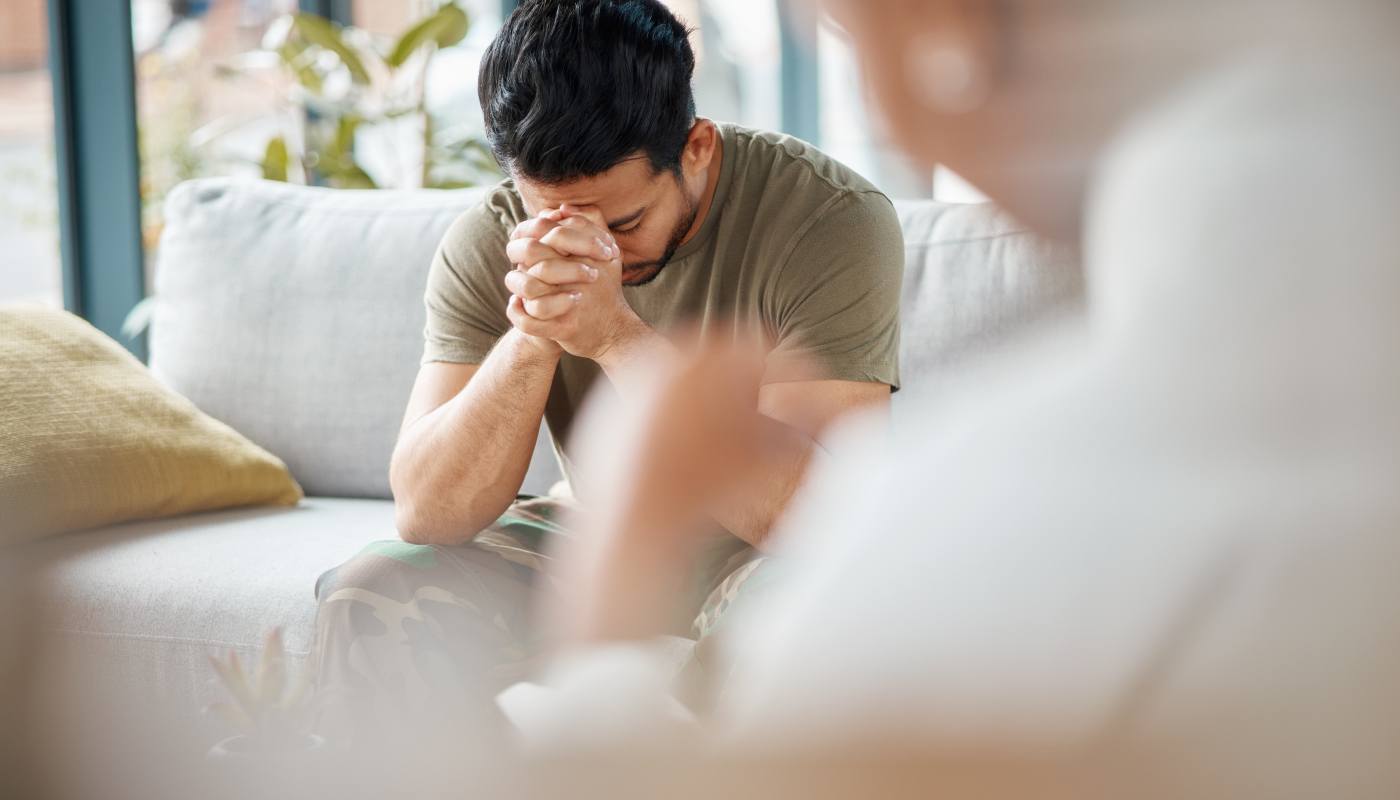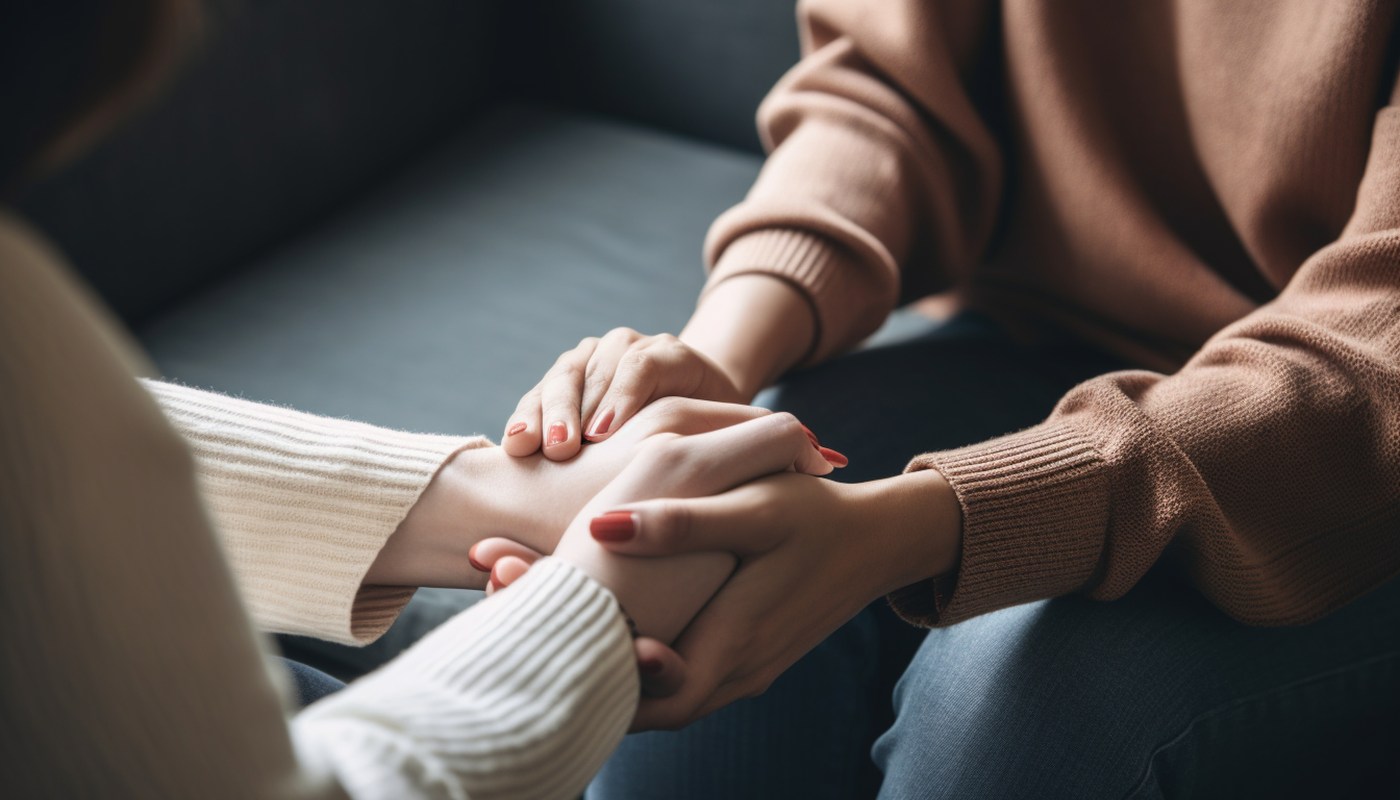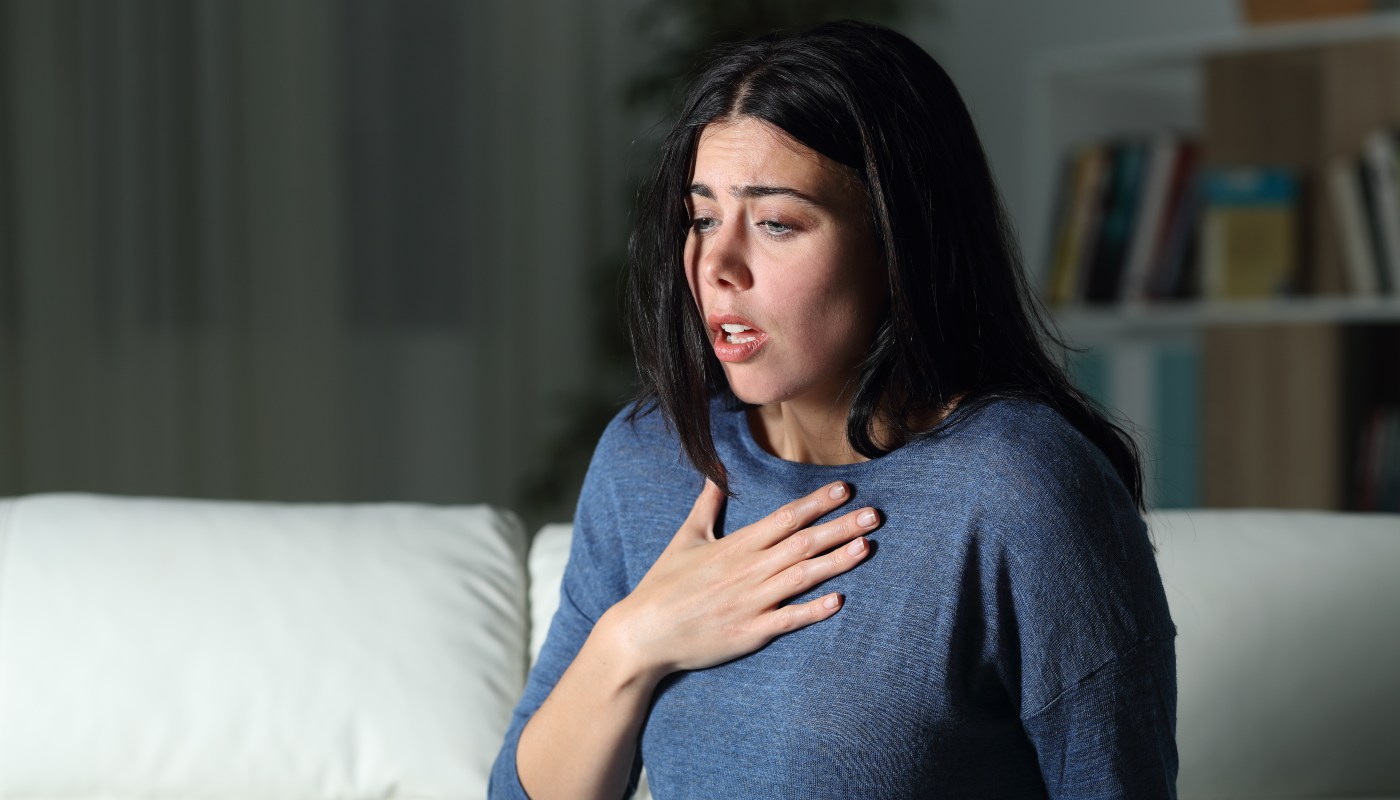How to identify anxiety? Symptoms and treatment
In this article, we explain what anxiety is and what its symptoms are, so you can identify if you suffer from it. Find out the symptoms and treatment.
KNOW YOURSELF
Share

Anxiety is an unpleasant experience that, in recent years, many people have been suffering from. More and more of us are facing it at some point in our lives. We experience moments of fear, despair, danger or negative anticipation of what we are facing.
Some symptoms are stomach or intestinal discomfort, acceleration of the mind or heart rate, trouble falling asleep, etc. All these symptoms, together or separately, can be the prelude to a situation that we are going to experience, such as public speaking, facing an exam and so on. When our brain interprets or identifies a situation as a threat to our physical or psychological integrity, it leads to symptoms related to a greater activation of our nervous system. Negative emotions such as fear, shame, rejection, etc. also arise, which make it more difficult to face this dreaded situation.
Now, let's dedicate part of this article to talk about that state of continuous anxiety over time that prevents proper daily development and that, overwhelmingly and persistently, interferes with our lives.

What is anxiety and how is it identified?
Anxiety is a warning that, both psychologically and physically, tells us that something we are carrying out or wish to do is not going well: we perceive cognitive signs of anticipation, threat or danger. When these levels of activation are maintained over time, the course of anxiety can be chronicled, becoming complex to manage the situation in the face of such a disproportionate reactivity.
The most common symptoms can be physical, cognitive, behavioural and emotional. Here are a few listed below. The combination of two or more of these symptoms maintained over time are what lead to many mental health consultations, especially with psychologists.
| PHYSICAL | COGNITIVE* | BEHAVIOURAL | EMOTIONAL |
| muscle ache | thought acceleration | wanting to escape | perceiving danger |
| headache | ruminating | avoid the situation | threat |
| muscle tension | anticipation | not wanting to act | fear |
| sweating / palpitations | negative thinking | paralysation | shame |
| shortness of breath | inability to concentrate | fatigue | guilt |
| dizziness / vertigo | excessive worry | difficulty sleeping | feelings of incompetence |
*thoughts
Denying the existence of warning symptoms or ignoring their presence is characteristic of immature people, who do not wish to face reality. This can have serious consequences. Acting in an avoidant way and not solving the root problem causes it to increase over time, causing emotional and affective instability.
On a physiological level, our body reacts by secreting adrenaline and cortisol, which prepare us internally for escape or defence. What is happening is an adaptive reaction that prepares us for danger or threat. They are phylogenetic symptoms: the same thing happened to our ancestors when they went hunting.
Although we no longer feel threatened by wild beasts that we must defend ourselves from, our body, like that of our ancestors, continues to react in the same way. How is this possible, if the danger is not so threatening?
Initially, we cannot change the physiological reactivity, but we can make changes in the previously described spheres (physical, behavioural, cognitive and emotional), to manage the psychological impact of anxiety. Thus, we will change our physiology and coping style in the face of a potentially anxious situation.

Is an anxiety attack dangerous?
Panic or anxiety attacks are extremely threatening and frightening reactions. However, it should be noted that, if there is no underlying cardiorespiratory physical pathology, they are not dangerous from a medical point of view, although it may be necessary to intervene.
They are transient episodes, although when they are suffered they seem endless. Generally, in a panic attack, the symptoms reach a peak within a few minutes and then gradually decrease.
You may have the feeling of losing control, although it's not a real feeling. You feel like something terrible is going to happen, but it really isn't. A key step to overcoming anxiety attacks is learning to control reactions to decrease the intensity of symptoms.
What techniques are suitable for managing anxiety?
Although it's not the only technique, practising relaxation techniques is highly recommended. It's a tool that can make it easier for you to handle potentially threatening or dangerous situations.
Some other techniques include:
- Deep and conscious breathing: without the need to be living in a situation that overwhelms us, it's scientifically proven that just a single minute of this breathing is enough to obtain physical and emotional benefits. Breathe in slowly for four to six seconds, hold your breath for four seconds, and then exhale slowly for another four to six seconds. Repeat this process until you feel the alertness has been reduced. You may need more than a minute. Practised daily several times a day, this exercise allows you to face the most uncomfortable stressful situations. If you do it 5 times a day, for 3 or 5 minutes, in just 15 or 25 minutes you will feel better. It requires daily practice to maximise the most benefit.
- Mindfulness: mindfulness practice. Technique based on focusing on the present moment. Anchors (for example, breathing) help in this practice. In turn, we prepare ourselves to do nothing but breathe and let go without judging any thoughts and/or emotions that arise during the practice. It's normal for these to appear, but we will allow their presence without judgment.
- Exercise: Exercise releases endorphins, which are chemicals that improve mood and help reduce muscle tension. They facilitate better rest.
- Healthy Sleep Habits: Respecting rest should be a priority if we don't want anxiety levels to rise. Having a basic sleep routine (no devices two hours before and sleeping eight hours) is very necessary.

Anxiety treatment
If anxiety is affecting your day-to-day life you must seek the professional help necessary to stop your nervous system activation from escalating.
The most popular approach in psychiatry is prescribing drugs (anxiolytics and antidepressants) and in psychology using psychotherapy, mainly with cognitive-behavioural techniques that focus on identifying and changing thought patterns, emotional dysregulation and behaviour that contribute to anxiety.
It's important to know that anxiety is caused by the activation of the nervous system, so anyone can be faced with it at some point in their life. The important thing is to know how to identify and apply the strategies and skills to manage it in a healthy way.
It's not a sign of weakness, but a natural response that we have to learn to deal with. You can learn to live a full and happy life.






